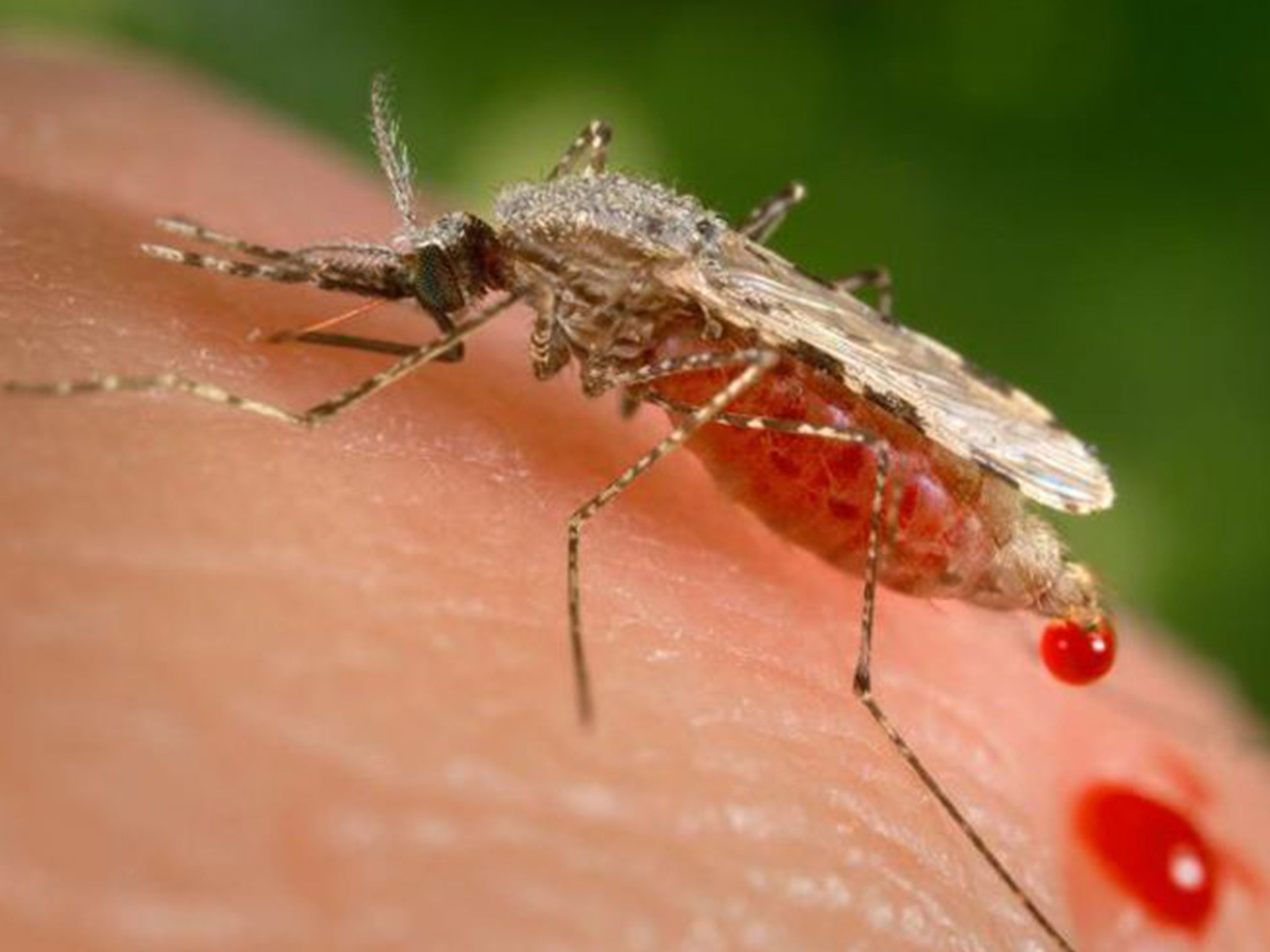The Independent's journalism is supported by our readers. When you purchase through links on our site, we may earn commission.
Toothpaste ingredient may help curb drug-resistant malaria, finds AI-powered robot
'Its ability to target two points in the malaria parasite’s life cycle means the parasite will find it difficult to evolve resistance', says lead researcher Dr Elizabeth Bilsland

Your support helps us to tell the story
From reproductive rights to climate change to Big Tech, The Independent is on the ground when the story is developing. Whether it's investigating the financials of Elon Musk's pro-Trump PAC or producing our latest documentary, 'The A Word', which shines a light on the American women fighting for reproductive rights, we know how important it is to parse out the facts from the messaging.
At such a critical moment in US history, we need reporters on the ground. Your donation allows us to keep sending journalists to speak to both sides of the story.
The Independent is trusted by Americans across the entire political spectrum. And unlike many other quality news outlets, we choose not to lock Americans out of our reporting and analysis with paywalls. We believe quality journalism should be available to everyone, paid for by those who can afford it.
Your support makes all the difference.A laboratory robot powered by artificial intelligence (AI) has discovered that a compound commonly found in toothpaste could be used to combat drug-resistant malaria parasites.
Triclosan could be deployed against strains of plasmodium malaria parasites that have evolved resistance to the widely used drug pyrimethamine, according to the University of Cambridge.
Pyrimethamine works by inhibiting a particular enzyme called DHFR and scientists have known for some time that triclosan can be employed to target another enzyme, ENR.
The fast-moving AI routines of the robot “Eve”, however, which formulate, test and re-evaluate hypotheses in quick succession, discovered that the common toothpaste chemical also attacks DHFR – even in parasites resistant to pyrimethamine.
It has led researchers to hope that triclosan could be developed for use in a two-pronged attack on plasmodium in the liver and in the blood.
Lead study author Dr Elizabeth Bilsland, now an assistant professor at the University of Campinas in Brazil, said: “The discovery by our robot ‘colleague’ Eve that triclosan is effective against malaria targets offers hope that we may be able to use it to develop a new drug.
“We know it is a safe compound, and its ability to target two points in the malaria parasite’s life cycle means the parasite will find it difficult to evolve resistance.”
The study was published in the journal Scientific Reports.
“Drug-resistant malaria is becoming an increasingly significant threat in Africa and south-east Asia, and our medicine chest of effective treatments is slowly depleting,” said Professor Steve Oliver from the Cambridge Systems Biology Centre and the department of biochemistry at Cambridge.
“The search for new medicines is becoming increasingly urgent.”
Malaria kills more than half a million people per year.
Join our commenting forum
Join thought-provoking conversations, follow other Independent readers and see their replies
Comments